Line Britt Ulriksen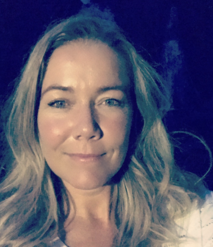
Title: Reading instruction for students with intellectual disabilities who require augmentative and alternative communication (AAC).
"To learn to read is one of the most important skills students can achieve, as it provides access to information, communication, and social interaction. For students with intellectual disabilities who require AAC, there are many barriers to literacy acquisition, some due to low expectations, lack of evidence-based reading programs and reading materials, and lack of competence."
This study has included 40 students with intellectual disabilities who require AAC in a reading intervention with a multiple single-case design with four randomized baselines and has 18 assessments across time. The intervention period commenced in March 2023 and will last for 18 months (last test session in October 2024). The students receive the intervention individually, working systematically and explicit with the reading material “Lesing for alle” and components crucial for reading and reading comprehension. The reading material is based on the research of the evidence-based reading program Accessible Literacy Learning (ALL), developed by Janice Light and David McNaughton, and evidence-based strategies that has been effective in teaching reading skills for students with intellectual disabilities who require AAC.
Project period: 08.2022 - 08.2026
Supervision team: Kenneth Larsen, Anders Nordahl-Hansen and Hugo Cogo-Moreira.
Collaborating institutions: University of South-Eastern Norway, Sarpsborg municipality.
Funding: Norwegian Research Council, public sector ph.d.
Marte Herrebrøden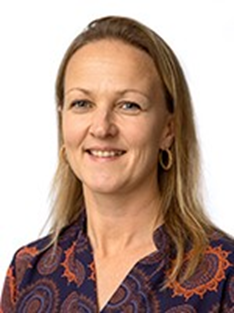
Title: Noice-cancelling Technology and Autistic Students with Auditory Difficulties in School.
Everyday sounds are often experienced as overwhelming and intense for autistic students, thus increasing the risk of challenges at school.
The overall objective of this PhD project is to gain knowledge about the extent to which autistic students can benefit from noise-cancelling technology in school.
The first study is a scoping review, that aims to map the extent and type of research that exists on the use of noise-cancelling technology for autistic persons. The second study is a laboratory study that aims to investigate how different sound sources affect the task performance of autistic students and the extent to which the use of noise cancellation technology can affect task performance under the same conditions. The third study is a qualitative interview study that aims to explore how autistic students experience different soundscapes in school, and to gain insight into their previous experiences of using noise-cancelling technology.
Project period: 08.2023 - 08.2026
Supervision team: Anders Nordahl-Hansen og Georgios Marentakis.
Funding: Østfold University College.
Veslemøy M. F. Johansson 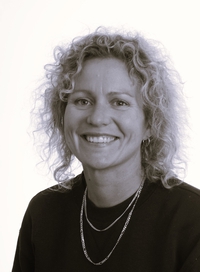
Title: Exploring special education provision in Norway: Navigating technology's role in improving special education, inclusion, and quality.
The project will explore what characterizes current practice in special education and how digital technology plays a supporting role in this practice. In particular, it will examine the use of digital technologies such as interactive applications and assistive technologies among special education students. The aim is to increase understanding of the potential benefits of assistive technologies as well as their limitations. The project will also examine the factors that influence students' use or non-use of assistive technology. The study will provide insight into how special education is adapted to individual needs, what factors influence the use of technology, as well as students' and teachers' perspectives on the quality of education and the challenges of implementing appropriate approaches for students with special needs. This project views education as a foundation for equity and equal opportunity for all. The study aims to identify educational practices that seek to reduce inequalities between students and provide equal opportunities for all.
Project period: 01.2024 - 01.2028
Supervision team: Robin Ulriksen, Anders Nordahl-Hansen, and Anders Dechsling.
Collaborating institutions: BI Norwegian Business School
Funding: Østfold University College.
Cathrine Redi 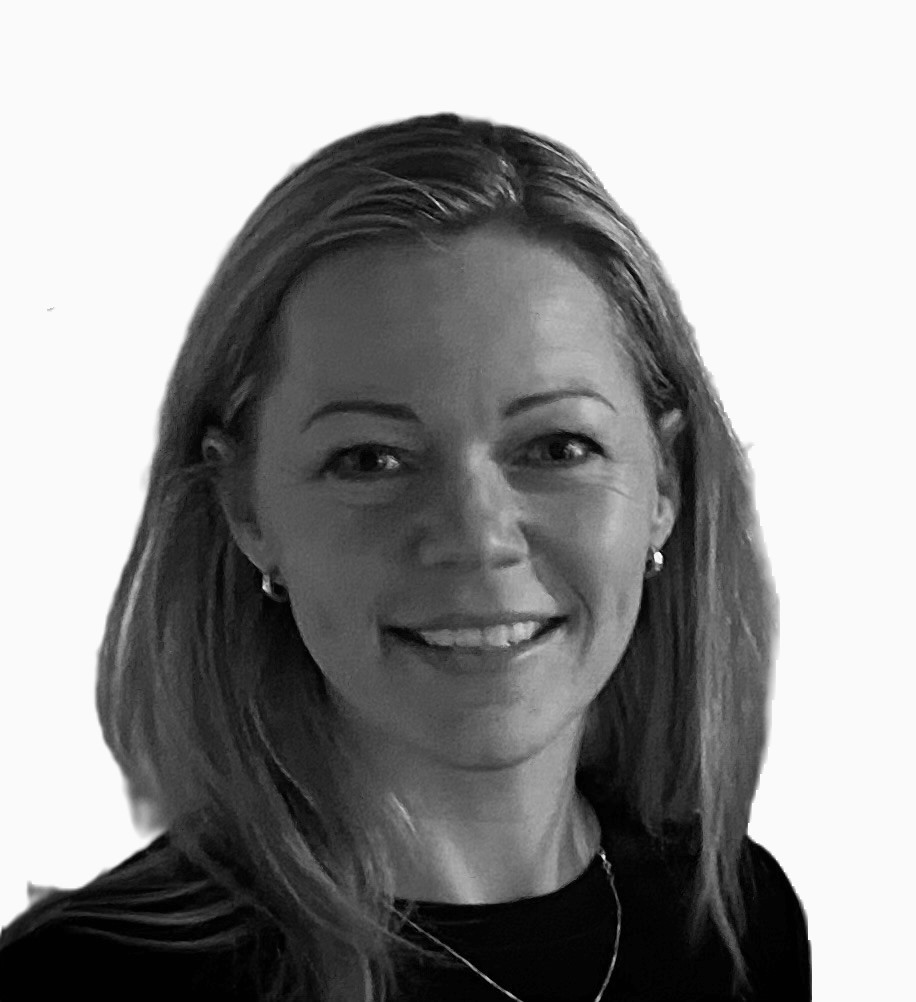
Title: Adults with auditory processing disorders – A study of use of hearing aids for adults and the pilot of a screening test to identify auditory processing difficulties in adults.
The PhD project aims to develop understanding of Auditory Processing Disorder (APD) in adults and improve the quality of life for those affected by leveraging technology to compensate for barriers that APD may entail for individuals with APD.
The project consists of a systematic literature review of existing knowledge about APD as the basis for further project implementation.
The project will develop and test a tailored APD test battery for Norwegian adults aged 20–40 years. Validation will be conducted by testing 50 individuals in the mentioned age group without APD.
Finally, the test battery will be tested on individuals with APD to examine the relationship between APD, working memory, processing speed, and the effectiveness of hearing aids.
Through an article-based thesis, consisting of articles published in international journals and presented at conferences, the project aims to contribute to the understanding and management of APD, and promote new practices in both academia and clinical settings.
Project period: 05.2024 - 05.2027
Supervision team: Georgios Marentakis, Anders Nordahl-Hansen, Anders Dechsling, and Christiane Haukedal.
Collaborating institutions: University of Oslo.
Funding: Østfold University College.
Kristine Charlotte Grinderud 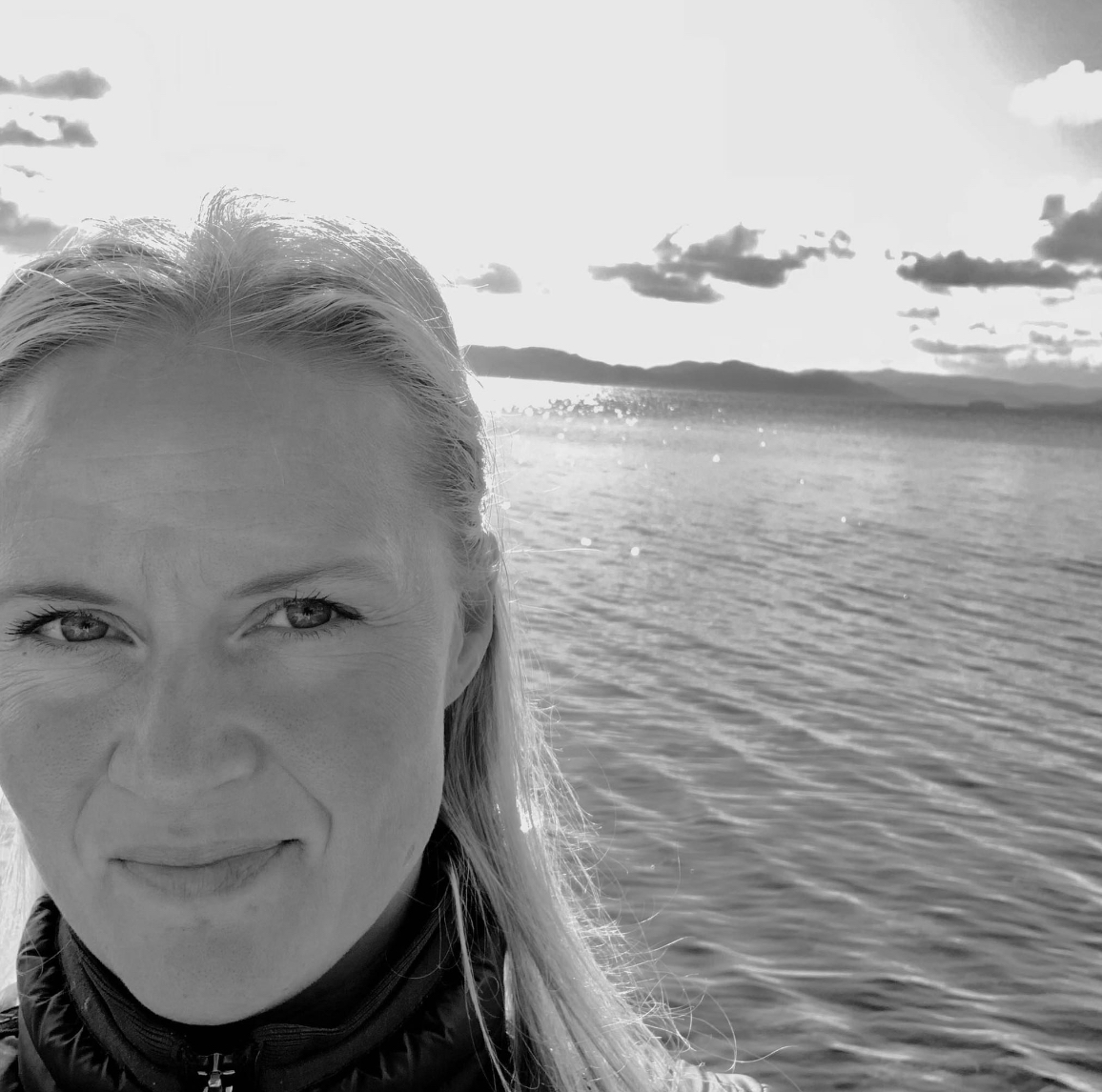
Title: A Digital Guidance Tool for Modular Evidence-Based Treatment of Children with Autism Spectrum Disorder: A Mixed-Methods and Multiple Baseline Feasibility Study [Digi-Guidance].
MEYA (Modular Evidence-Based Treatment for Youth with Autism Spectrum Disorder) is a digital treatment program used to address anxiety and social challenges in children and youth diagnosed with autism. MEYA was developed in the USA and is currently only used there, but the purpose of the project is to adapt and test it in a Norwegian context. MEYA is based on cognitive behavioral therapy, which is a well-known method for treating mild mental disorders, both in Norway and internationally. We collaborate closely with UCLA and the developers of the program to ensure the best possible implementation of MEYA here in Norway.
Project period: 08.2024 - 08.2027
Supervision team: Anders Dechsling, Andrea Jackowski, Fredrik Andersen, and Stian Orm.
Collaborating institutions: Inland Norway University of Applied Sciences, Inland Hospital trust, University of Oslo, and University of California.
Funding: Østfold University College
Marthe Bilet-Mossige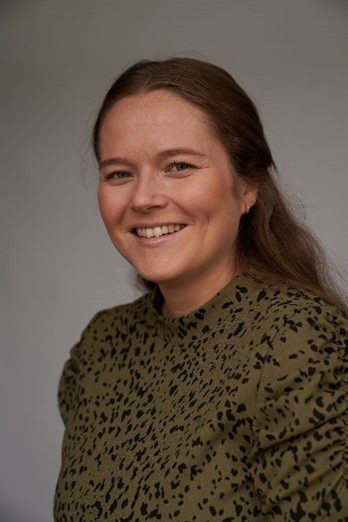
Title: Online video training for teachers to improve reading skills in children using augmentative and alternative communication.
The doctoral project consists of two parts: (1) Validation of a reading test adapted for students with intellectual disabilities using Augmentative and Alternative Communication (AAC). (2) Digital video training for teachers to improve the reading skills of students using AAC.
The PhD project aims to validate test materials developed and adapted for students with intellectual developmental disorders who use AAC. The test material is intended to measure skills crucial to reading and reading comprehension. The sample size is 1000 students (900 typically developing students not using AAC and 100 students with intellectual disabilities who use AAC).
After the validation, the reading intervention starts. This is a randomized controlled trial (RCT) where we will examine the difference in the training teachers receive to conduct the reading intervention. One group will receive in-person training, and the other group will receive online video training. This study will include 80 students with intellectual disabilities who use AAC. The reading material we will use in the intervention is "Reading for All," based on the research of Janice Light and David McNaughton and Accessible Literacy Learning, and evidence-based strategies that have proven effective for this student group.
Project period: 09.2024 - 09.2027
Supervision team: Anders Nordahl-Hansen and Hugo Cogo-Moreira.
Collaborating institutions: University of South-Eastern Norway and Federal University of Sâo Paulo.
Funding: Norwegian Research Council.
Comment from research group leader Professor Anders Nordahl-Hansen:
"The research group greatly benefits from the success of its members in securing externally funded projects, which increases the production of research results. Additionally, it is gratifying that several members of the research group continue their competence-building journeys, including starting Ph.D. projects. This, in turn, strengthens the supervisory competence of other research group members. The new projects stand well on their own, but we also see great opportunities for collaboration and joint projects across the expertise of the members, which could emerge and build upon the newly started projects."
Former research fellows in the group have also completed their doctoral projects. Anders Dechsling defended his dissertation earlier this year. Ingjerd Skafle and Line Børtveit currently have their theses under review by their respective committees.
